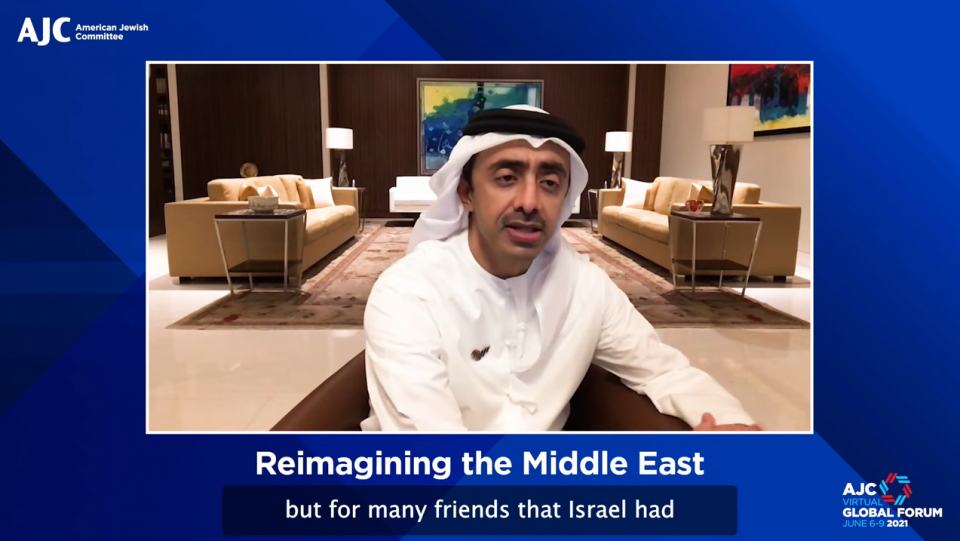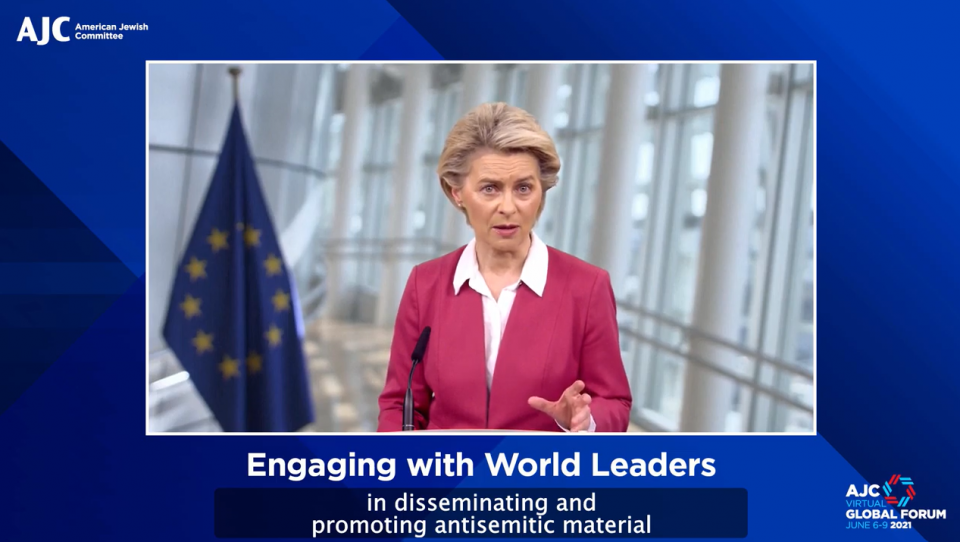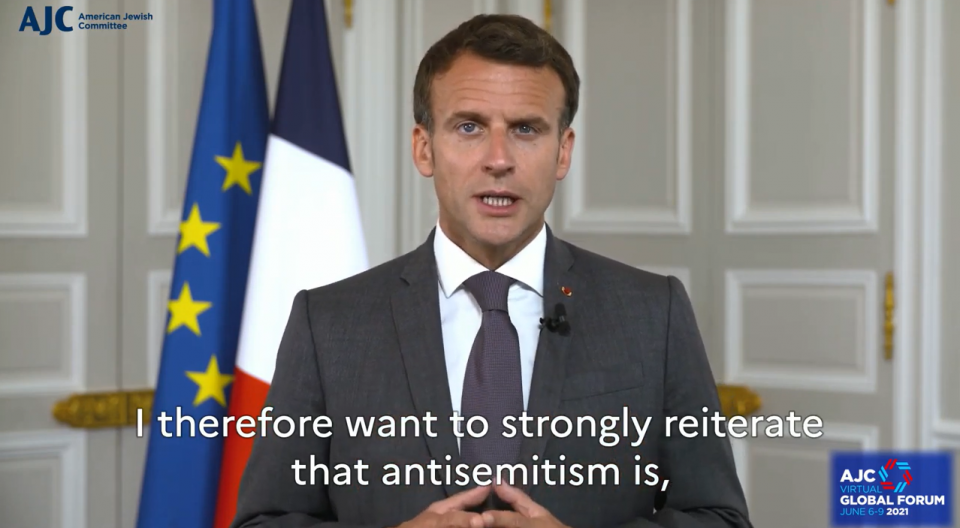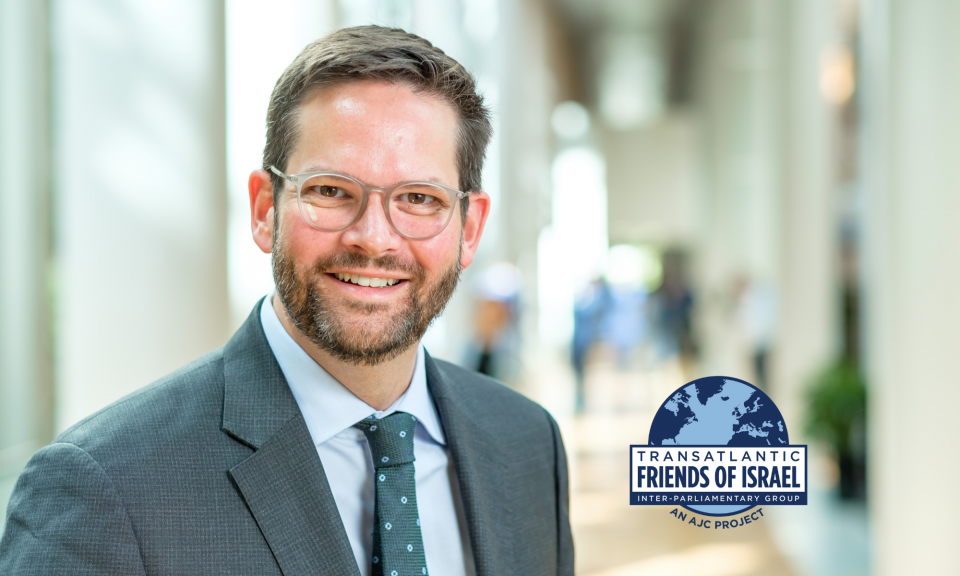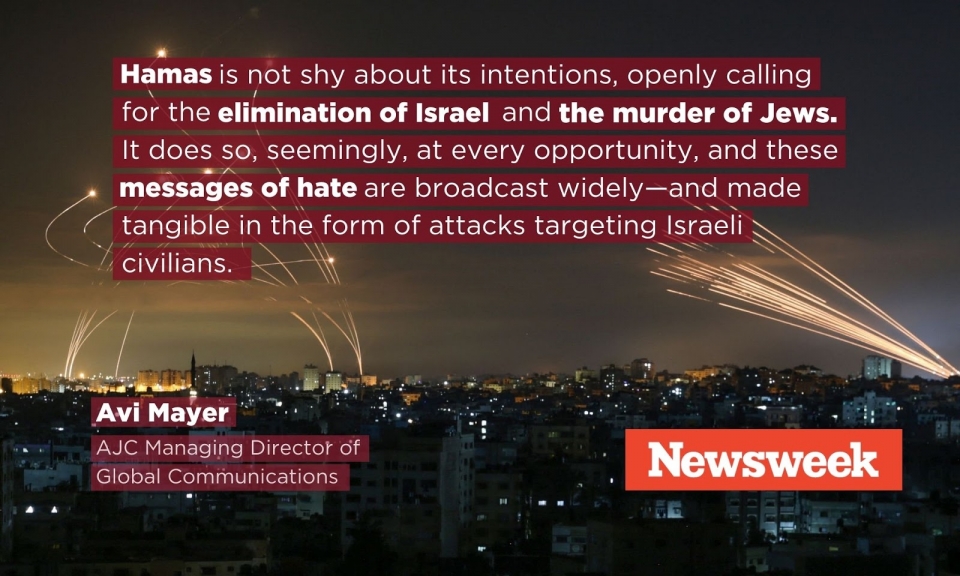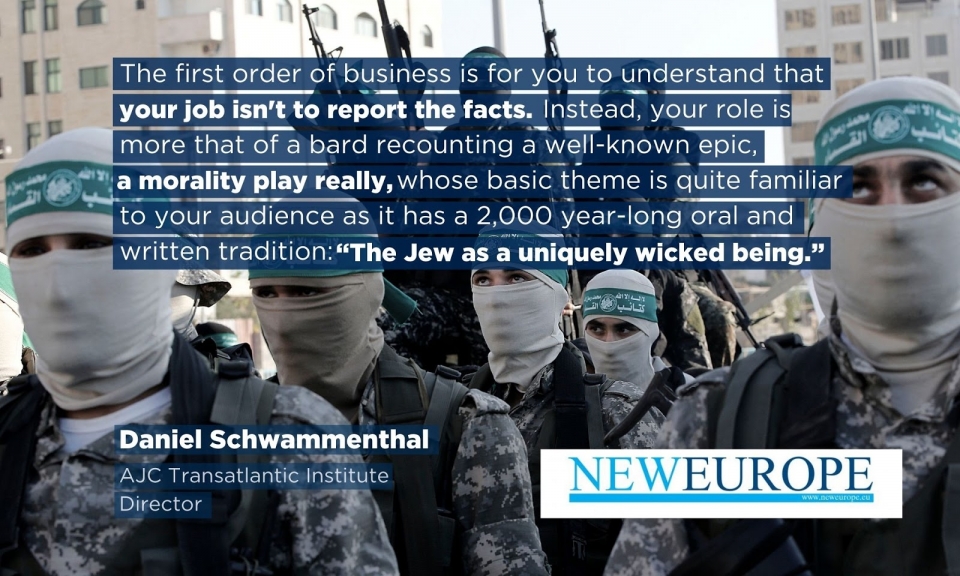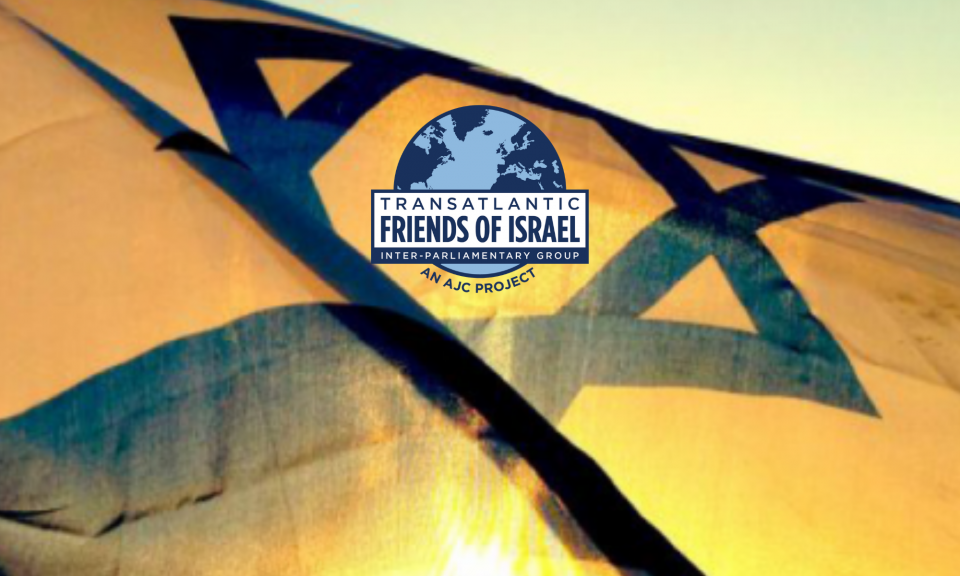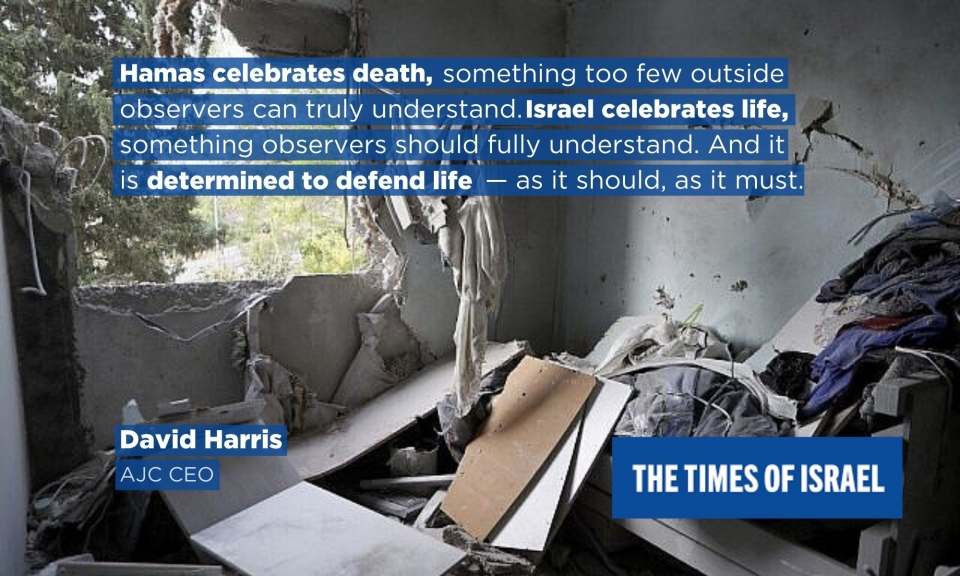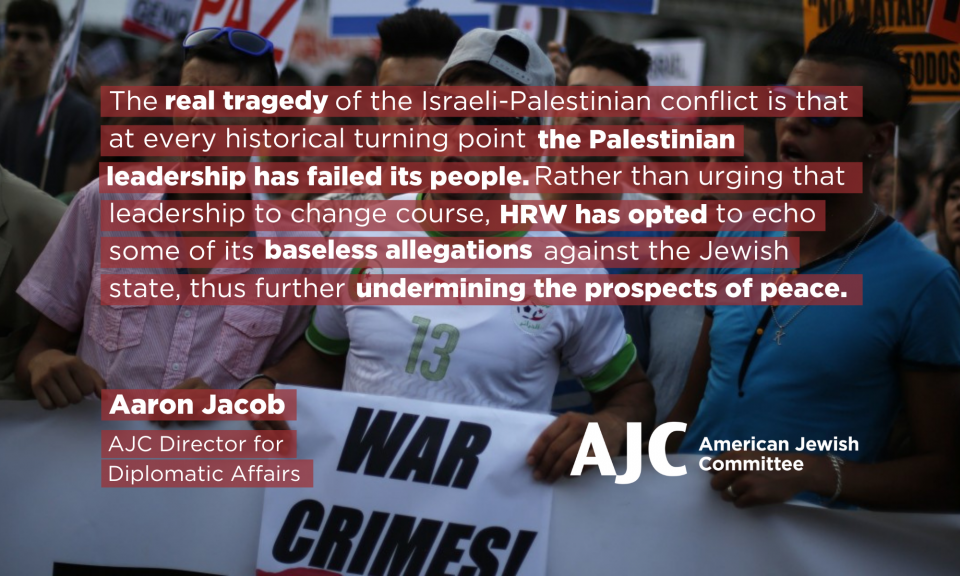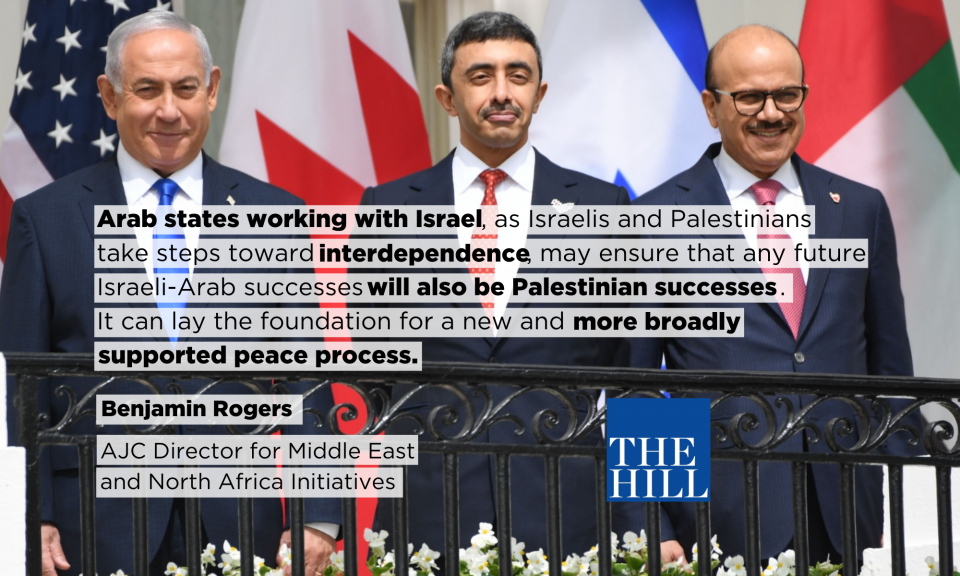Press releases
AJC Troubled by EU Funding for NGOs with Terror Links, Calls for EU Parliament Hearing
Brussels, 7 May 2020 – The AJC Transatlantic Institute is deeply troubled by a statement from a European Union official affirming that EU funding would continue to Palestinian NGOs even if they employed terrorists or their supporters. In light of these revelations, the AJC Transatlantic Institute calls for an emergency hearing in the European Parliament’s Foreign Affairs Committee and a comprehensive review of the standards and criteria by which the bloc provides NGO funding in general and specifically to Palestinian groups.
In a letter to the Palestinian NGO Network (PNGO), an umbrella framework for 135 NGOs, Sven Kühn von Burgsdorff, the Head of the EU Office to the West Bank and Gaza Strip, states that “it is understood that a natural person affiliated to, sympathizing with, or supporting any of the groups or entities mentioned in the EU restrictive list is not excluded from benefitting from EU-funded activities unless his/her exact name and surname (confirming his/her identity) corresponds to any of the natural persons on the EU restrictive lists.”
“It is simply incomprehensible that the EU, whose declared goal is to facilitate a peaceful two-state solution, would use scarce taxpayer money to finance NGOs connected to terrorists--quite literally the enemies of peace,” said Daniel Schwammenthal, Director of the AJC's EU office, the AJC Transatlantic Institute. “No amount of due diligence about the specific projects funded by EU money could possibly clean the EU from such a stain.”
Von Burgsdorff’s “clarification letter,” as it is entitled, came in response to Palestinian protests against a clause the EU introduced in December 2019 in its contracts with NGOs, which states that: “Grant beneficiaries and contractors must ensure that there is no detection of subcontractors, natural persons, including participants to workshops and/or trainings and recipients of financial support to third parties, in the lists of EU restrictive measures.” (General conditions applicable to European Union-financed grant contracts for external actions” Annex G.2, Annex II, Article 1.5 bis.)
The EU has added several Palestinian terror organizations to its list of restrictive measures--Hamas, Izzedine al-Qassam Brigades, Al-Aqsa Martyrs Brigade, Islamic Jihad, and the Popular Front for the Liberation of Palestine--but so far no individuals. The diplomat’s letter suggests using this fact as justification to continue funding NGOs with terror connections.
“EU officials are tasked with implementing EU law and policy and not to find technical loopholes to circumvent the very spirit and essence of what the EU stands for and is trying to achieve,” said Schwammenthal. “It is shocking, to say the least, that the EU’s top representative in Ramallah told Palestinian NGOs that the idea that they were asked to break ties with terrorists to receive EU funding was nothing but ‘misinformation.’”
In his letter, von Burgsdorff re-affirmed that no Palestinian NGO is required to “change its political position toward any Palestinian faction or to discriminate against natural person based on his/her political affiliation.”
“For an EU official to apparently adopt the language of Palestinian hardliners, who routinely refer to support for and membership with terror groups as ‘legitimate political positions and affiliations’ is nothing short of breathaking,” said Schwammenthal. “In the same letter, von Burgsdorff speaks about the value of an 'empowered and pluralistic civil society.' How the Palestinians will ever build such a society if even the EU financially supports the mainstreaming of terrorists is hard to imagine.”
